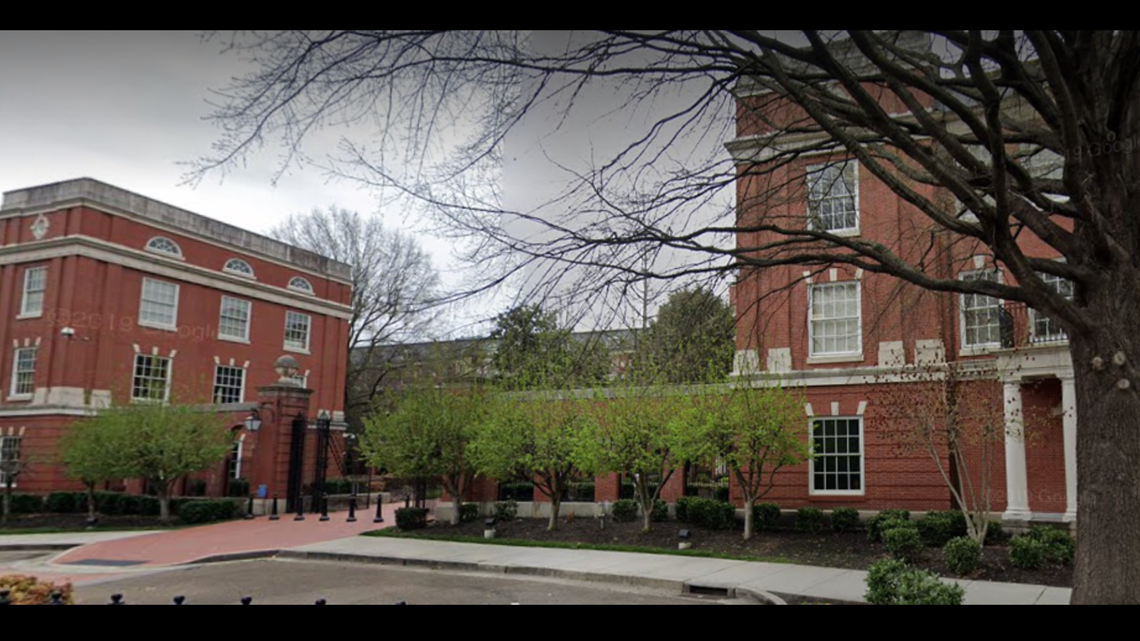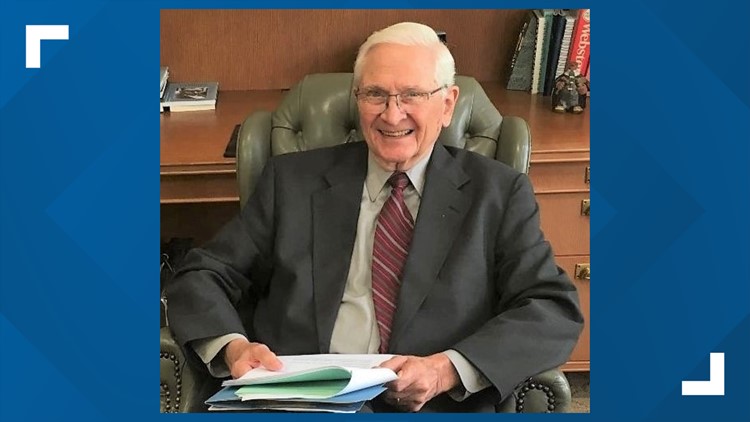KNOXVILLE, Tenn. — Senior U.S. District Court Judge Leon Jordan died Tuesday morning. He was 89.
A native Tennessean, Jordan was tapped for the federal bench in the Eastern District of Tennessee in 1988 by President Ronald Reagan. Jordan took the place of the late Robert L. Taylor.
Jordan presided over criminal and civil trials in the Knoxville federal courthouse. He took senior status in 2001, continued to hear cases for many years hence and was inactive at the time of his death.
U.S. District Court Judge Thomas Varlan paid tribute Tuesday to his colleague.
"Danni and I send our condolences to the entire Jordan family upon the passing of Judge Jordan. I had the honor of being nominated by President George W. Bush and confirmed by the U.S. Senate to take Judge Jordan's seat on the Eastern District in 2003, and enjoyed working with Judge Jordan throughout the many years he continued to serve as a senior judge for our district.
"He presided over a multitude of important criminal and civil cases during his judgeship, and he will be missed by his many colleagues from the federal judiciary, as will his lovely wife, Dottie, who passed away just this past December."
The judge died Tuesday morning at his Maryville home, according to Don K. Ferguson, retired chief deputy clerk and court historian. Jordan's wife, Dorothy, died in December at age 91.
He was known for many things during his tenure, including his calm demeanor and long experience as a judge.
But there's no doubt he took seriously one trait -- punctuality -- in particular, Ferguson said. He was known for telling friends and peers, "If you're 10 minutes early, then you're five minutes late."
In Judge Jordan's world, court started on time.
He also was a supporter and active advocate in the 1990s in the acquisition of the former Whittle Building downtown to serve as the federal courthouse in downtown Knoxville.
He was a native of Woodlawn, Tenn., in Montgomery County.
He earned a bachelor's degree from the University of Tennessee and a law degree from the University of Tennessee College of Law. He previously served in the U.S. Army.
Before his appointment to the federal bench, Judge Jordan served as a chancellor in the First Judicial District. He'd also been a lawyer in private practice.
Survivors include two sons.





